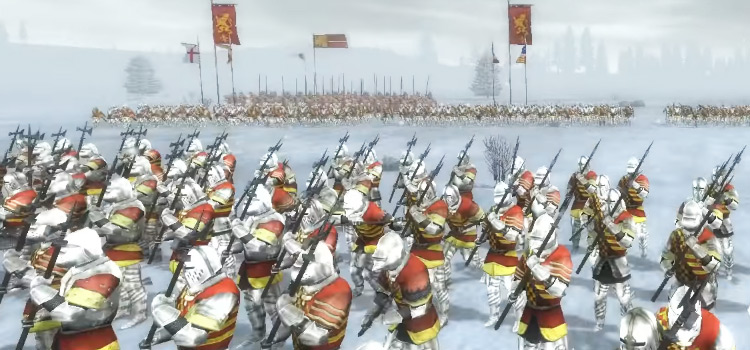

It’s also been pointed out that there’s no class conflict in Age of Empires: Villagers labour happily on their farms without question or pushback. What’s more, he explains, nations in the game series are both homogenous and anachronistic, perpetuating cultural stereotypes modern people continue to hold. “The empires in Age of Empires are not empires at all, but fanatically murderous nation-states, projected backwards in history hundreds-if not thousands-of years before any such idea of a state existed,” he wrote in a 2019 blog post on the topic. Devereaux, an assistant professor in ancient history at North Carolina State University, Age of Empires contains no actual empires.


Like most historical games, the Age of Empires series has been criticized for its presentation of history. “And how can we drive towards that goal of connecting people from all these different backgrounds and histories and cultures, in ways that they can relate to each other?” Isgreen says that he was galvanized by Carl Sagan’s Cosmos and Neil DeGrasse Tyson’s 2014 reboot of the show-he wants the game to feel like a passionate and adored history teacher. “The thing that drives Age of Empires is to inspire a love of history in everyone worldwide,” says Isgreen. Duffy and Isgreen emphasize that it was the physical traces of history-metallurgy and artwork in the British Museum archaeological sites finding Byzantine coins in Japan-that most inspired their return to the Middle Ages for Age of Empires IV. It’s classic Age of Empires: iconic battles brought to life. Bold horsemen gallop up a green hill into a swarm of spears. A narrator, speaking in the past tense, explains that the player must rout Harald of Norway's troops. Suddenly, the player is transported to 1066, to the Battle of Hastings, controlling William the Conqueror. The Bayeux Tapestry unfurls before the player you will soon be at the heart of it. There is no better example of a perfect Age of Empires setting than in one of the earliest missions in the new game. Age of Empires turned players toward the past and compelled them with its bloody, battle-strewn vision. These historical figures were so much more absorbing than a typical sci-fi or fantasy setting I studied the Middle Ages at school because of them. I was Joan of Arc, protecting the Orleans Cathedral from the hated English I was Attila the Hun, letting Bleda, my murderous brother, die at the tusks of the iron boar. And I did, in a way: Even if the history itself was shaky (even then I knew that the Chinese invented gunpowder: why so few gunpowder units?), the passion for this history, told through gameplay, was infectious. When I was 9, my dad bought me a copy of Age of Empires II under the pretense that, since I refused to stop playing games, I might at least learn something about history.


 0 kommentar(er)
0 kommentar(er)
